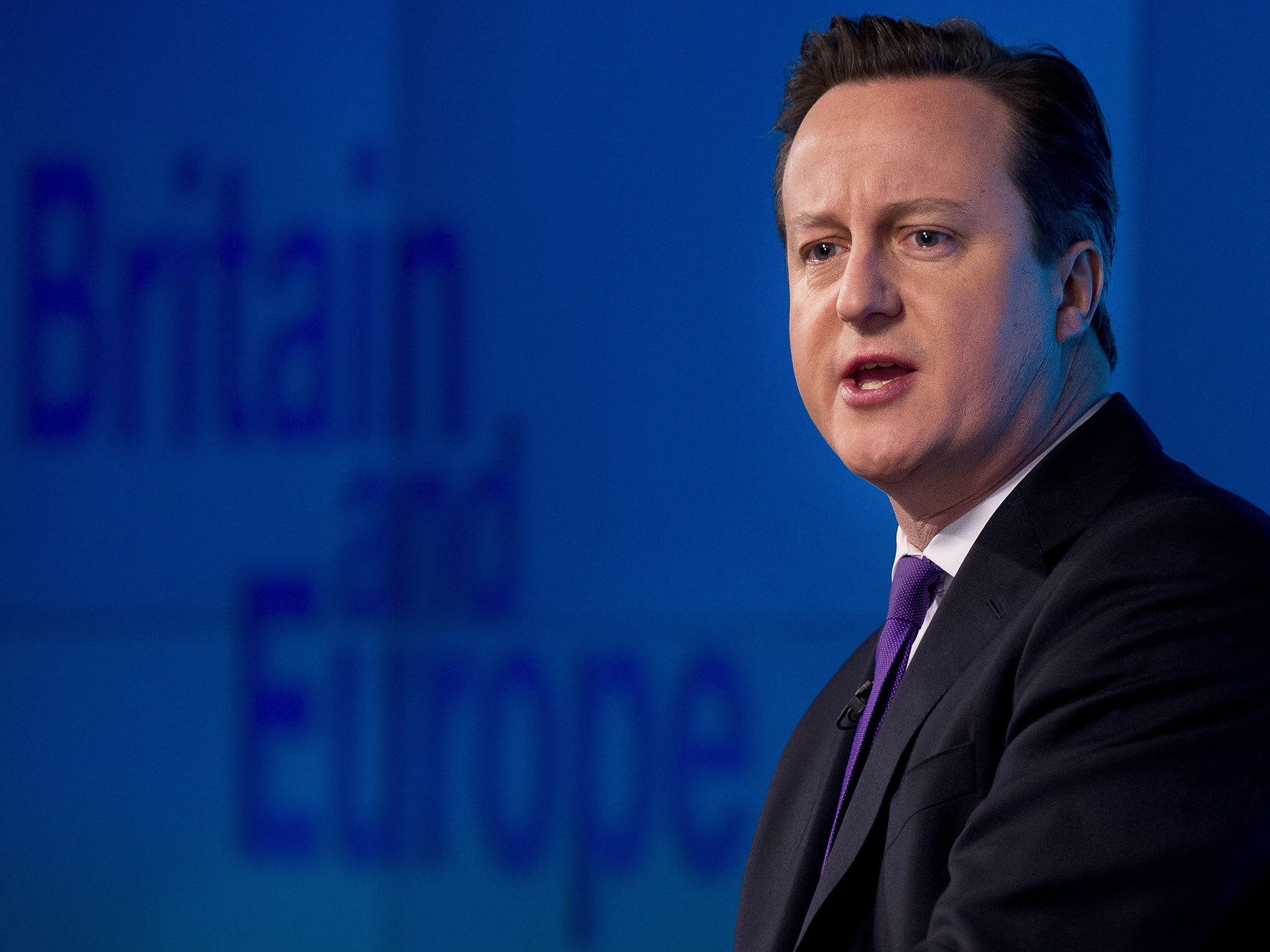David Cameron is in Brussels meeting other EU leaders, who he hopes will agree to his EU reform demands.
The heads of state will discuss a draft deal drawn up by the European Council president Donald Tusk.
The Prime Minister has warned that negotiations will not be straightforward – many countries have conflicting positions and interests that could make hashing out a deal effectively impossible.
Some are strongly opposed to any changes to migration rules at all, and are under strong domestic pressure not to disadvantage their own citizens. Here’s what the key players think:
France
French president Francois Hollande has said David Cameron’s EU deal is a “compromise” that he’s willing to accept.
In early February he however warned there should be “no new adjustments or new negotiations” – meaning further concessions from France are unlikely.
This stance would pose a problem because other countries have been adamant that further changes would be required.
Downing Street this morning said Mr Hollande agreed with Mr Cameron that the deal was a “firm basis” for reaching an agreement.
Germany
German Chancellor Angela Merkel has enthusiastically backed the deal – arguing that the plan would have “great benefits” for the EU as a whole.
“The concerns that David Cameron raises are not purely British concerns,” she said late last week.
“If we were to take a common European approach it would be a great benefit to Europe as a whole.”
Germany, which has close relationships with its neighbour Poland, is expected to take the role of compromise broker in the summit.
Poland
In a meeting with David Cameron before the deal was announced Poland’s PM Beata Szydło warned she had significant differences with the UK’s demands.
Poland’s Europe minister Konrad Szymański has warned against “discrimination” and said a four-year benefit freeze would be a problem.
Polish negotiators are also reported to keen to make sure any deal on benefits does not apply to other EU countries – only the UK.
As a major contributor of migrants to the UK, Poland is expected to be one of the key opponents to the deal at the summit.
Luxembourg
Luxembourg’s Government has said it believes any emergency brake should apply to all countries equally – essentially the opposite of what Poland wants.
As a small country Luxembourg’s interests are in EU treaties being applied equally across member states.
Malta
Another small country, Malta takes a similar position to Luxembourg – its interests are in EU treaties being applied consistently, rather than exceptions being made.
Luxembourg, Malta, and their allies’ position could be a potential source of tension with Poland and other eastern European states that are most keen to limit the deal to a few countries.
Romania
President Klaus Iohannis of Romania met with Donald Tusk early this week to discuss the deal.
The European Council president said after the meeting that there were still “outstanding political issues” – including over welfare benefit restirctions.
Mr Iohannis’s position is thought to be similar to Poland’s – like Poland, many Romanian nationals live and work in other EU countries.
Czech Republic
The Czech Republic has indicated that it might seek concessions to David Cameron’s deal – having raised concerns about the four-year benefit freeze plan.
The country’s Europe minister Tomáš Prouza has said he would be “worried” if a full four-year freeze came in.
“Safeguard mechanism is acceptable, crucial debate will be on how long will free movement be reduced,” he said.
The rate at which in-work benefits taper back to migrants appears to be a key battleground for negotiation.
Lithuania
Lithuania’s foreign minister Linas Antanas Linkevičius also warned against “discrimination” but welcomed Donald Tusks’ draft deal as “positive”.
He said there was “space for maneuver and compromise”.
Latvia
During a recent bilateral visit to Riga Mr Cameron remarked that he was “not met with a wall of love” after explaining his plans.
Prime minister Laimdota Straujuma has said there should be no disruption to freedom of movement.
Slovenia
Slovenia’s new government, led by Miro Cerar, has said it will consider David Cameron’s migrant proposals – but that EU freedom of movement should be at the heart of any deal.
He said Slovenia wanted a “successful, united, integrated European Union, but with the United Kingdom as a member”.
Mr Cerar said he “greatly appreciate[d]” the fact that Mr Cameron visited Slovenia in person to discuss his changes – the first such visit by a British prime minister to the country.
Ireland
Ireland’s Taoiseach Enda Kenny has said he is optimistic that the UK can reach a deal with other countries.
Mr Kenny has also said it is “critical” that the UK stays in the EU – and Ireland is expected to do what it can to make sure a deal can go through.
“Europe will be much stronger with Britain as a central and fundamental member,” Mr Kenny said in late January just before the deal was announced.
“It’s a vital issue for Britain and Europe and a critical issue for Ireland.”
Subscribe to Independent Premium to bookmark this article
Want to bookmark your favourite articles and stories to read or reference later? Start your Independent Premium subscription today.


Join our commenting forum
Join thought-provoking conversations, follow other Independent readers and see their replies